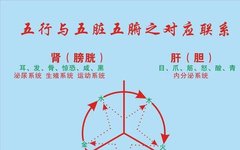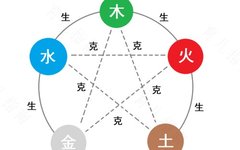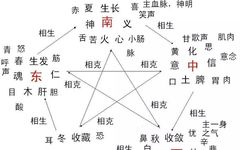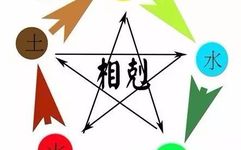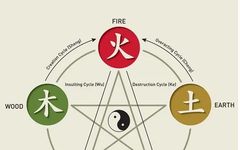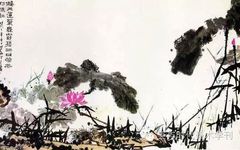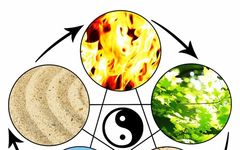The Relationship Between the Five Elements and the Human Body: How to Regulate the Five Organs Through the Five Elements
The earth has five directions, humans have five elements, and food has five flavors. The changes in nature can be summarized by the five elements. The organs, tissues, and emotions of the human body can also apply the theory of the five elements. Since the natural world maintains a dynamic balance, the relationships of the … Read more

